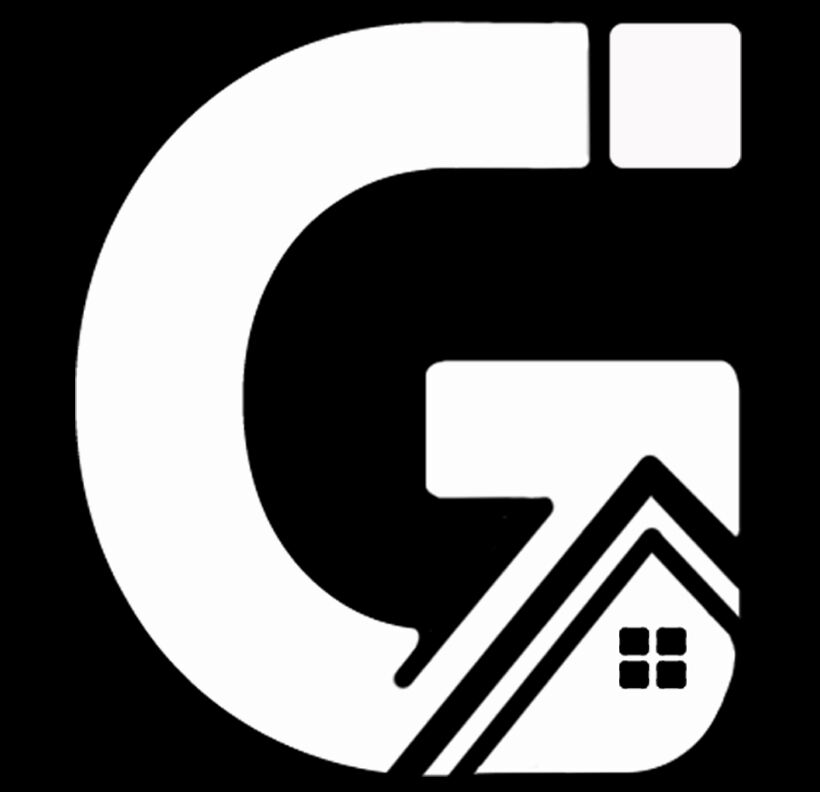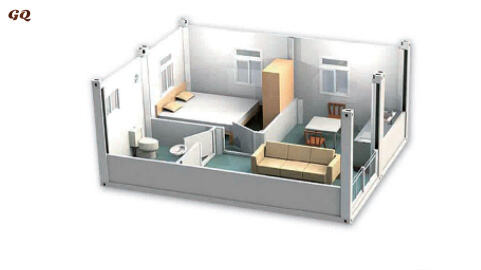Introduction
Introduction Today, housing is quite different from it was about more than a hundred years ago. Houses as we know them have evolved into many methods of construction including prefabricated houses which are manufactured in high-tech plants. Prefabricated homes—more commonly known as prefabs, are manufactured in a controlled environment off-site before they are assembled on-site. This outline is a breakdown of the basics benefits of a prefabricated house compared to conventional construction and why more and extra people are turning towards this strategy with everyday passing.
Efficiency and Speed
One of the unique advantages of prefab homes is their speed of construction. It is much easier to form as the components are manufactured in a factory compared to passing ways. Ideal for someone who has to move into their new property ASAP or a developer with a tight timeline. Prefab timidly picking up in certain architectural paradigms while traditional construction models still linger on, could be partially attributed to the linearity of construction by nature — however, prefab processes are streamlined with parallel work being able to take place (i.e. different structural house components with assembly and integration contracted at the same time).
Cost-Effectiveness
More affordable — Prefab homes are generally less expensive than traditional homes. On-site manual labour is reduced and a factory-derived economy of scale for the process drives labor cost down. Additionally, prefabricated construction is a sustainable solution as it results in the least amount of waste production because precutting only takes place in factory settings minimizing scraps produced and reducing transportation costs.
Environmental Impact
Another important benefit of prefabricated housing is its environmental friendliness. Because of the insulation in such homes, they are generally very energy efficient which means over time, you will spend less money on your utility bill. In addition, at the time of construction, prefabricated housing has considerably less waste generation which is in line with the ever-increasing global emphasis on sustainability, reducing carbon footprint.
Design Flexibility
One of the generous aspects of prefabricated houses is design flexibility. As a result, homeowners can have dozens of prefabricated designs to choose from and create their homes according to their own preferences. Same goes here — prefab houses can adapt to this, too, which makes them a wonderful option for remote or other tougher building sites.
Quality Control
Prefabricated housing has a considerably better quality control system than traditional building. The reason for this is that factory settings bring the uniformity in construction minimizing human error. It also allows for improved durability and permanence during the construction phase as these elements are protected from weather (and other) elements.
Financial Benefits
Prefabricated houses have a number of financial advantages. Typically, lower construction costs means less expensive mortgage notes for the homeowners and potentially lower insurance premiums thanks to modern design and efficiencies associated with these homes. Last but not least, eco friendly prefabrciated housing may also sell for much more when it comes time to resell as they have cutting edge design on their side and an increasing desire worldwide for green and efficient homes.
Conclusion
Therefore, to summarize the advantages of prefabricated housing over traditional structural construction methods include efficiency, cost-effectiveness, environmental economy and beneficial features and factors like design flexibility, quality control, and cost or financial related advantages. The global shift towards more sustainable and efficient living solutions is a clear indicator that the growing trend of prefabricated housing will have broader appeal with many communities in the not-so-distant future. Prefab homes offer a great new option for those looking to build and becoming a more popular choice that you should think seriously about.

 EN
EN







































